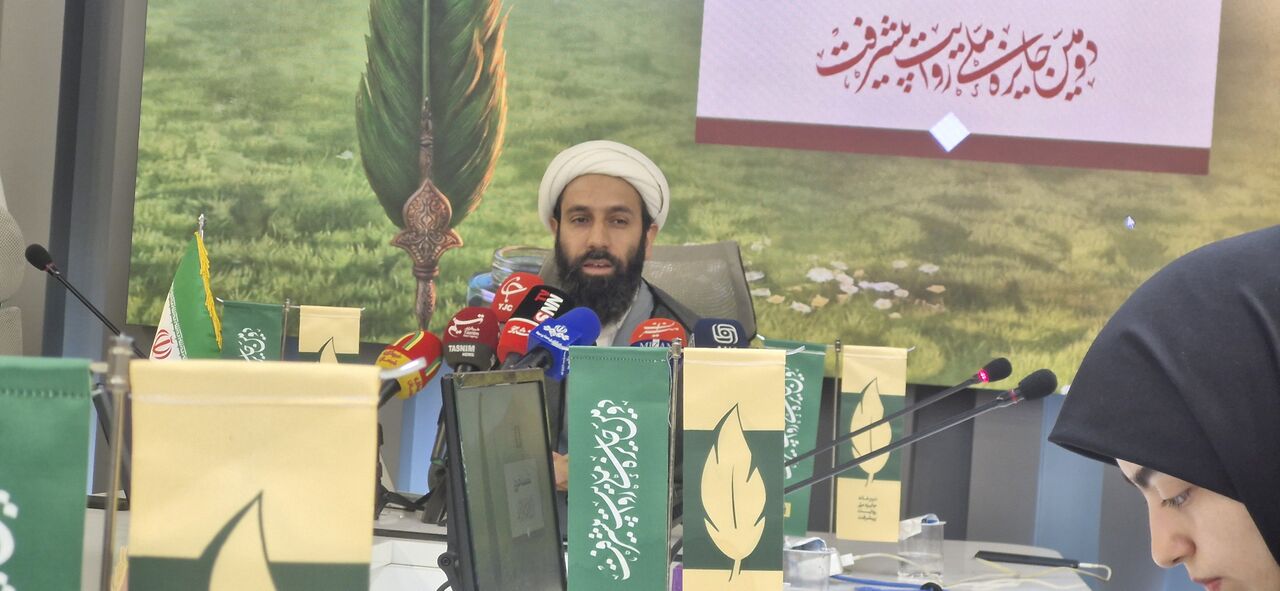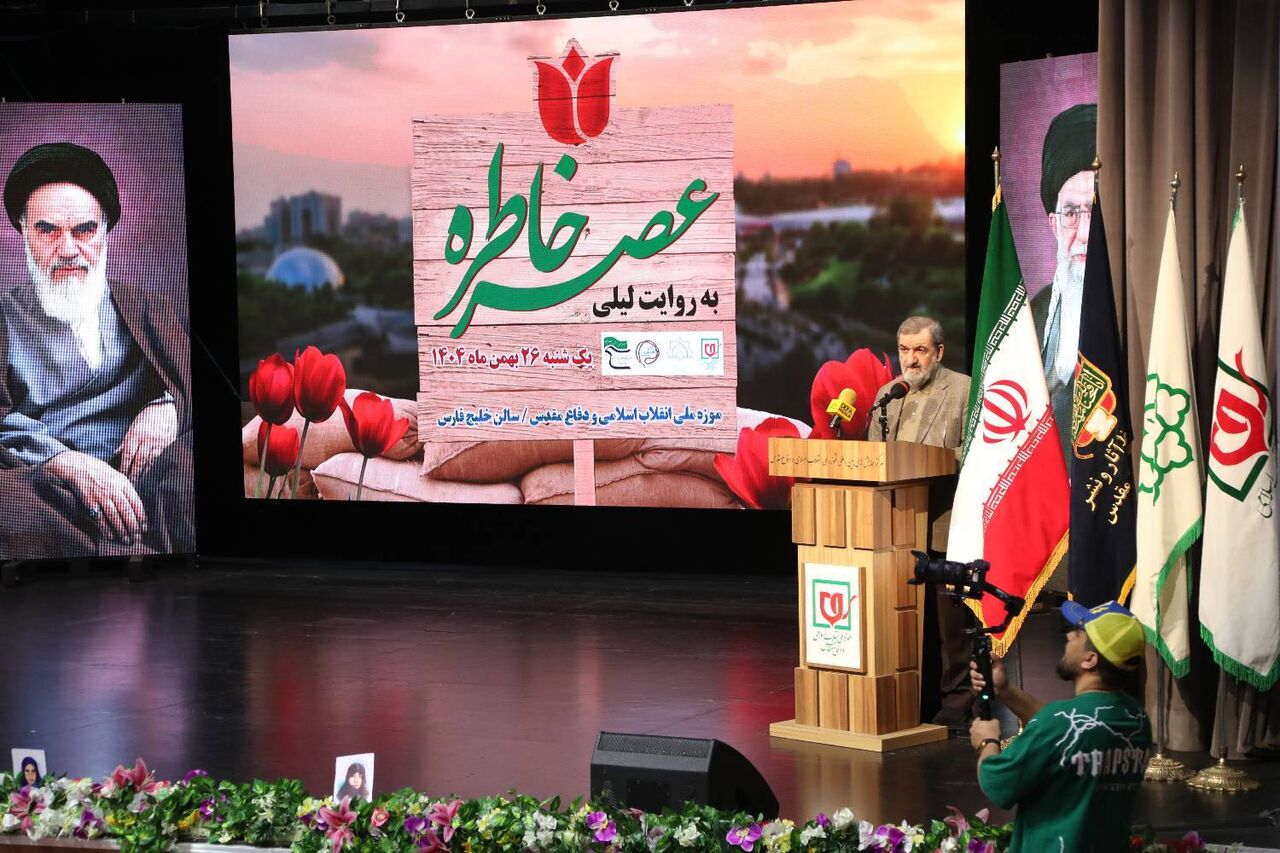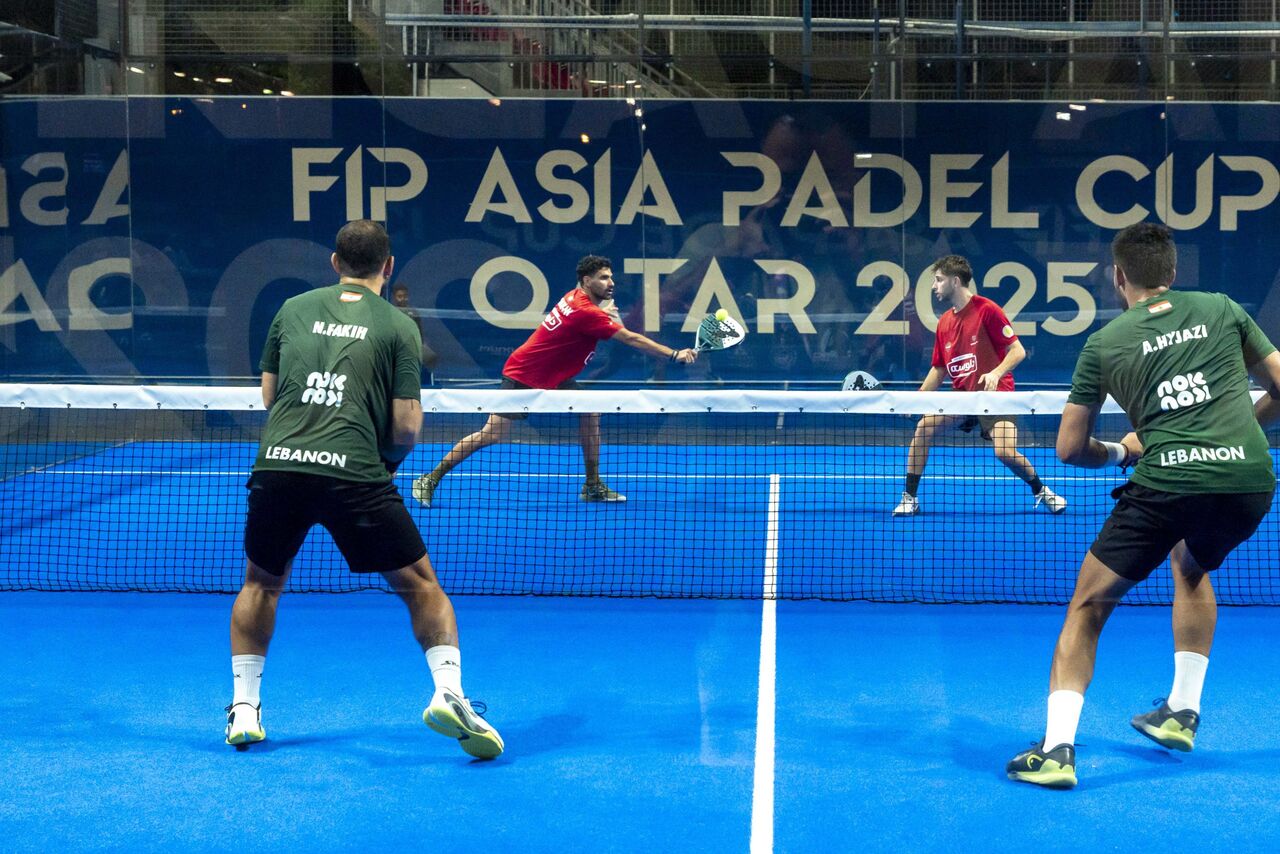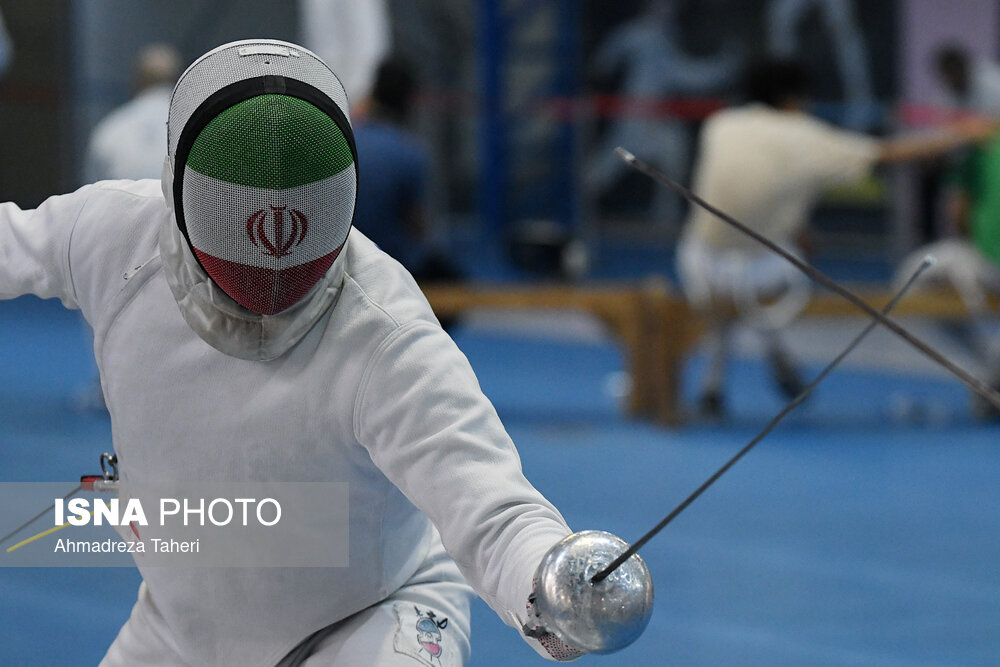Champions League football: Why Israel competes in Europe - and what Uefa could do
Champions League football: Why Israel competes in Europe - and what Uefa could do

Demands for a sporting boycott of Israel have grown in Europe amid its ongoing genocide in Gaza - and nowhere more so than in football.
Several European nations recognised Palestinian statehood at the United Nations General Assembly earlier this month.
Human rights experts appointed by the UN refugee agency UNHCR urged football's governing bodies to ban Israel, saying that they must not "turn a blind eye to grave human rights violations, especially when their platforms are used to normalise injustices".
Israeli teams currently compete in Europe. But Uefa, the continent's governing body, is facing calls to allow member states to vote on whether it should be kicked out.
It also has ramifications for next year's World Cup in North America. Uefa organises European qualification on behalf of Fifa, the global governing body, which would need to approve any expulsion.
Shlomi Barzel, the head of communication for the Israeli Football Association, told Globes on 19 September that it is a "miracle" that the state can still take part in international football, adding that Israel would not survive a free vote among Uefa or Fifa members.
"My estimation is that we will finish the current national teams event, but one more troublesome incident in Gaza, and everything can end in an instant," he said.
Middle East Eye explains everything you need to know about Israel's participation in European football and what might happen next.
Which European competitions does Israel compete in?
Although located in the Levant region of the Middle East, Israel participates in several European sporting competitions and is the only Levantine member of Uefa.
Its national team competes in the European Championships, while its club sides participate in the Uefa Champions League, Nations League, Europa League and Conference League tournaments.
Israel hosted the European Under-21s Championship in 2013 amid protests from Premier League footballers, including Eden Hazard and Demba Ba.
What’s the history of Israel in international football?
The Football Association of Palestine was founded in 1928. Despite the name, it did not represent all Palestinians, and instead was almost exclusively composed of footballers from the Jewish minority community in the British Mandate of Palestine.
After the 1948 Nakba and the creation of the state of Israel, the association became the Israel Football Association.
Since then, its teams have faced boycotts by members of the Arab League and beyond, leading to many of its matches being cancelled.
In 1956, Israel became a member of the Asian Football Confederation (AFC) and nearly qualified for the 1958 World Cup in Sweden without playing a match.
Israel's first opponents that year, Turkey, pulled out in protest at being placed in Asian, rather than European, qualifying.
Then Indonesia and Sudan refused to play Israel, which was awarded the matches and effectively won the Asia-Africa qualifying round.
Fifa ruled that no team could qualify without playing at least one match and arranged an "intercontinental playoff" between Israel and a runner-up in European qualifiers. After Belgium refused, Israel faced Wales, who beat them over two legs.
Israel, as a member of the Asian Football Confederation, took part in the first four editions of the Asian Cup, between 1956 and 1968, and won the tournament when it hosted it 1964 (although 11 of the 16 participating countries pulled out beforehand).
The national team reached the final again in 1968, losing 2-1 to Iran during a tense match in Tehran. Israel played in the 1970 World Cup finals in Mexico, but finished bottom of their group.
Has Israel been banned before?
Israel was banned from the AFC in 1974, after Kuwait, which was one of two countries that refused to play at the Asian Games that year, tabled a resolution calling for Israel's removal. The Kuwaiti motion was backed by 17 votes to 13, with six abstentions.
For several years, Israel's participation in World Cup qualifiers was uncertain. In 1978, despite leaving the AFC, Israel took part in Asian qualifiers. It failed to qualify.
In 1982, Israel was placed in Uefa's qualifiers, but finished bottom of its group, below Scotland, Northern Ireland, Sweden and Portugal.
Eventually, it was drafted into the Oceania Football Confederation's (OFC) qualifying pool ahead of the 1986 and 1990 World Cup tournaments.
The Israeli national team travelled more than 25,000km for matches against the likes of New Zealand, despite not being a full member of the OFC.
In 1991, Uefa began the process to allow Israel to compete in European competitions instead. It officially joined Uefa in 1994.
Israel has taken part in qualifiers for every European Championship since 1996, although it failed to reach the tournament's final stages on every occasion.
Meanwhile, Fifa, the corruption-mired governing body of world football, has taken no action to ban Israel or its domestic sides from international football.
What about Israeli club football?
Israel's clubs were expelled from the AFC in 1974. From 1976 until 1994, club teams could only participate in Uefa's Intertoto Cup, a competition for smaller European top-flight clubs during the off-season.
No Israeli team reached the final during this period - but it paved the way for Israel to enter European competitions from 1992-93.
The most successful Israeli clubs since have been Maccabi Haifa and Hapoel Tel Aviv, which respectively reached the quarter finals of the Cup Winners' Cup (1999) and Uefa Cup (2002).
The winner of Israel's Premier League, usually either Maccabi Tel Aviv or Maccabi Haifa, is now awarded entry in the second qualifying round of the Champions League - Europe's most lucrative and prestigious competition.
What’s happened recently?
In November 2024, supporters of Israeli side Maccabi Tel Aviv rioted at a Uefa Champions League fixture against Ajax in Amsterdam, assaulting a taxi driver and chanting "death to Arabs".
Israel claimed that the fans were responding to a Palestinian-led "pogrom" of Jews in the Dutch city, something that was labelled "propaganda" by Amsterdam mayor Femke Halsema. Israeli teams have since been banned from fixtures in Amsterdam.
Controversy continued in August 2025 when fans of Maccabi Haifa held a banner reading "murderers since 1939" at an away fixture versus Polish side Rakow Czestochowa.
The banner caused outrage in Poland and led to violent confrontations between fans. Uefa fined both sides in response.
Football fans outside Israel are among those who have condemned the genocide in Gaza. In February 2025, fans of Scottish club Celtic, who have always been sympathetic to Palestine, displayed banners reading "Show Israel the Red Card" at European matches. The club was subsequently threatened with Uefa disciplinary action.
Supporters from more than 30 countries, including Turkey, Spain and Italy, have also joined stadium protests against Israel.
Meanwhile, the murder of Palestinian footballer Suleiman Obeid by Israeli forces in Gaza in August 2025 prompted anger from professional players, including Egypt's Mo Salah.
Uefa responded by unfurling a banner reading "Stop killing children, stop killing civilians" before the European Super Cup final in Udine, Italy, between Spurs and Paris St Germain later that month.
Israel attempted to block the display of the banner, according to Israel's Channel 12. A senior Israeli Football Association source told Israel Hayom: "We were surprised by the banner's language. It was blatant. Typically, the messages focus on love and peace with subtle hints about change, not an explicit call to end war or taking a political stance."
No particular nation was named in the Uefa banner, drawing criticism from human rights organisation Amnesty International.
"To name the crime but not the perpetrator is an act of cowardice," Amnesty’s Shaista Aziz told BBC News.
Has Uefa banned countries before?
Football authorities have made moves previously to kick out countries whose policies off the pitch have caused global anger.
Uefa banned Russia from all European football just days after the country invaded Ukraine in February 2022. Fifa and the International Olympic Committee (IOC) followed suit.
Similarly, Yugoslavia was banned from the European Championships in 1992 amid UN sanctions imposed during the Yugoslav wars. The replacement team, Denmark, went on to win the tournament.
Outside Europe, Fifa and the IOC banned apartheid-era South Africa from international sport from the early 1960s until 1991.
What's next for Israeli clubs?
European matches featuring Israeli sides are scheduled to go ahead this autumn.
Before the draw for the Europa League, several unnamed European sides informally asked Uefa that they not be drawn against Israeli teams, according to The Times (Uefa has not announced any such arrangement).
On 24 September, Maccabi Tel Aviv faced Panathinaikos in the Greek city of Thessaloniki in their first Europa League fixture of the season.
Thousands in Greece have protested against Israel. Before the match, Maccabi Tel Aviv's team bus received a special forces escort, while Greek bomb squads inspected the site.
Greek fans unfurled a "Show Israel the Red Card" banner in the stadium. Hours earlier, another banner reading "Genocide" was hung on the US consulate in Thessaloniki.
Maccabi Tel Aviv next face Croatian side Dinamo Zagreb at home on 2 October. They then play English side Aston Villa in Birmingham on 6 November and German side Stuttgart on 11 December.
Independent British MPs Jeremy Corbyn and Ayoub Khan have urged Aston Villa to cancel the game.
"This is not a normal football match. It cannot be treated as business as usual," they said.
What about internationally?
Israel are due to play Norway in a World Cup qualifier in Hungary on 11 October (it's a home match for Israel).
The Norwegian Football Federation has said it will donate profits from the match to Doctors Without Borders. It also persuaded Uefa that the Israeli delegation should only arrive the day before the fixture, citing security concerns.
However, neither Norway nor Italy, which play Israel on 14 October, have said that they will boycott the games.
Leading European associations, such as the English Footbal Association and the French Football Federation (FFF), have remained silent on boycott calls.
But the Football Association of Ireland (FAI) has called on Uuefa and Fifa to "adopt a strong position".
In a media briefing on 12 September, FAI CEO David Courell said: "I think what is happening in Gaza is appalling. We have met the Palestinian FA, we have facilitated a game here in Ireland, and we continue to make representations with Uefa and Fifa."
What are Uefa saying?
Uefa president Aleksander Ceferin appeared to suggest that the organisation might reconsider Israel still playing in an interview with Politico on 3 September.
Discussing the row over Uefa's Super Cup banner, he said: "We have a UEFA foundation for children. We are not living on another planet. We are living in this world.
"Whoever thinks that 'Stop killing children, stop killing civilians' is a political message is an idiot, for me.
"In life probably many times it's best not to do anything. But if such a big thing is going on, such a terrible thing that doesn't allow me to sleep … then you have to do what is the right thing to do."
A possible vote on Israeli suspension was kept off the Uefa Executive Committee's agenda on 23 September following lobbying from the US and Israel, according to Israeli media reports, although there is persistent pressure from those backing a ban for it to take place
What about Israel and the World Cup?
If Uefa does suspend Israel, then it would need to be approved also by Fifa. This could be problematic.
Fifa president Gianni Infantino has close ties with US President Donald Trump (the US was awarded the tournament with Mexico and Canada during Trump's first term).
White House backing will be essential if the US is to grant visas to thousands of players and officials and millions of fans.
On 25 September, a US State Department spokesperson said: "We will absolutely work to fully stop any effort to attempt to ban Israel's national football team from the World Cup."


















